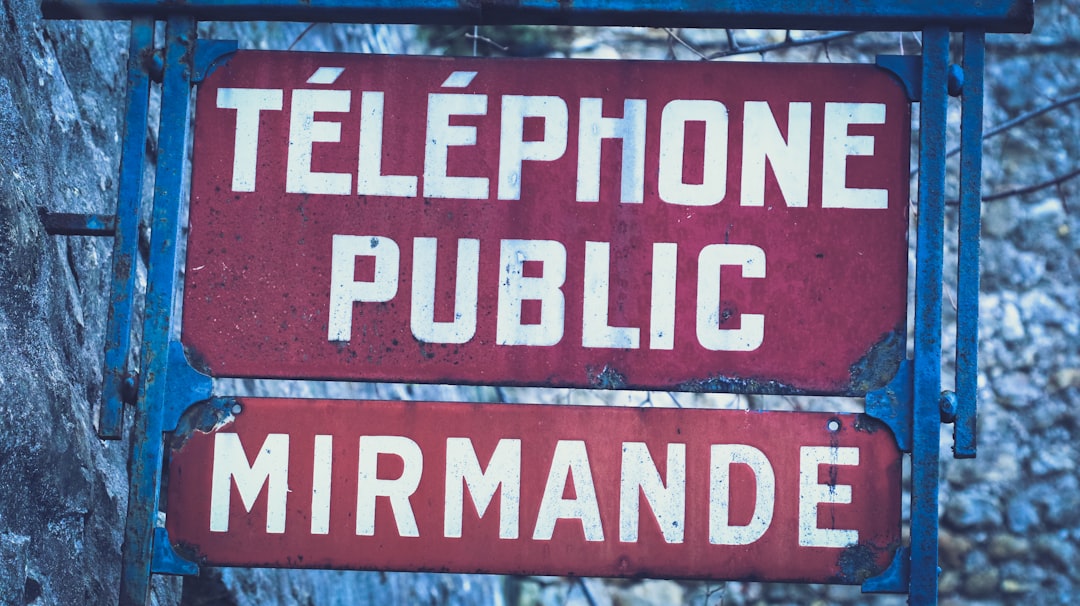Borrowers in Maine have legal protections when dealing with debt collectors, including rules against harassment and false statements. Understand your rights, document interactions, and communicate assertively to navigate collection processes calmly. For personalized guidance, consult local consumer protection attorneys specializing in Do Not Call laws and the Fair Debt Collection Practices Act (FDCPA). In cases of aggressive collectors or suspected illegal practices, legal counsel is essential; they can facilitate professional communication and explore options like debt negotiation or counseling, ensuring your rights are protected under Maine's unique laws.
Navigating debt collection can be daunting, but understanding your rights and armed with effective communication strategies, you can confidently handle debt collectors in Maine. This guide breaks down your legal protections, offers practical tips for interactions, and explores when consulting a lawyer may be beneficial. Discover how to assert your rights without resorting to law firms in Maine – take control of your financial future today.
Understanding Your Rights When Dealing with Debt Collectors in Maine

When facing debt collection in Maine, it’s crucial to know your rights. In the state of Maine, debt collectors must adhere to specific laws and regulations, providing borrowers with certain protections. According to Maine law, debt collectors cannot harass or threaten you, nor can they make false statements about your debt. They also have to provide a written notice detailing the amount owed and the name of the original creditor.
Understanding these rights is essential when interacting with debt collectors. You should never feel pressured into making hasty decisions. Instead, remain calm and informed. If a debt collector violates your rights, you can file a complaint with the Maine Attorney General’s Office. Additionally, consider seeking legal advice from local attorneys who specialize in consumer protection, especially if you believe Do Not Call laws have been broken.
Communication Strategies to Effectively Handle Debt Collector Interactions

When interacting with debt collectors in Maine, clear and assertive communication is key. Begin by requesting validation—ensure they are indeed authorized to contact you and verify the debt’s details. This step protects your rights under the Fair Debt Collection Practices Act (FDCPA). Clearly state your intention to resolve the issue but maintain a calm and respectful tone. Avoid aggressive behavior or promises you can’t keep, as this may escalate the situation.
Consider documenting all conversations, including dates, times, and what was discussed. This documentation can be invaluable if the debt collector becomes aggressive or makes false claims. You have rights; knowing them and exercising them confidently will help navigate interactions with debt collectors in Maine effectively without resorting to law firms for initial communication, as the FDCPA provides guidelines for fair collection practices.
Legal Options and When to Consider Consulting a Lawyer in Maine

If you’re facing debt collection issues in Maine, understanding your legal options is crucial. While there are many do-it-yourself strategies available online, consulting with a lawyer can offer tailored guidance based on Maine’s specific debt collection laws and your unique circumstances. A qualified attorney can help you navigate the complexities of negotiating with collectors, ensuring your rights are protected, and exploring potential legal avenues to resolve the matter amicably or through formal legal processes.
Consider seeking legal counsel when dealing with debt collectors in Maine if you encounter aggressive or harassing behavior, believe the collection practices violate your rights, or if the debt itself is disputed. A lawyer can provide valuable support, ensuring communication remains professional and lawful, and guiding you through options like fair debt negotiation, credit counseling, or even filing a lawsuit if necessary.






